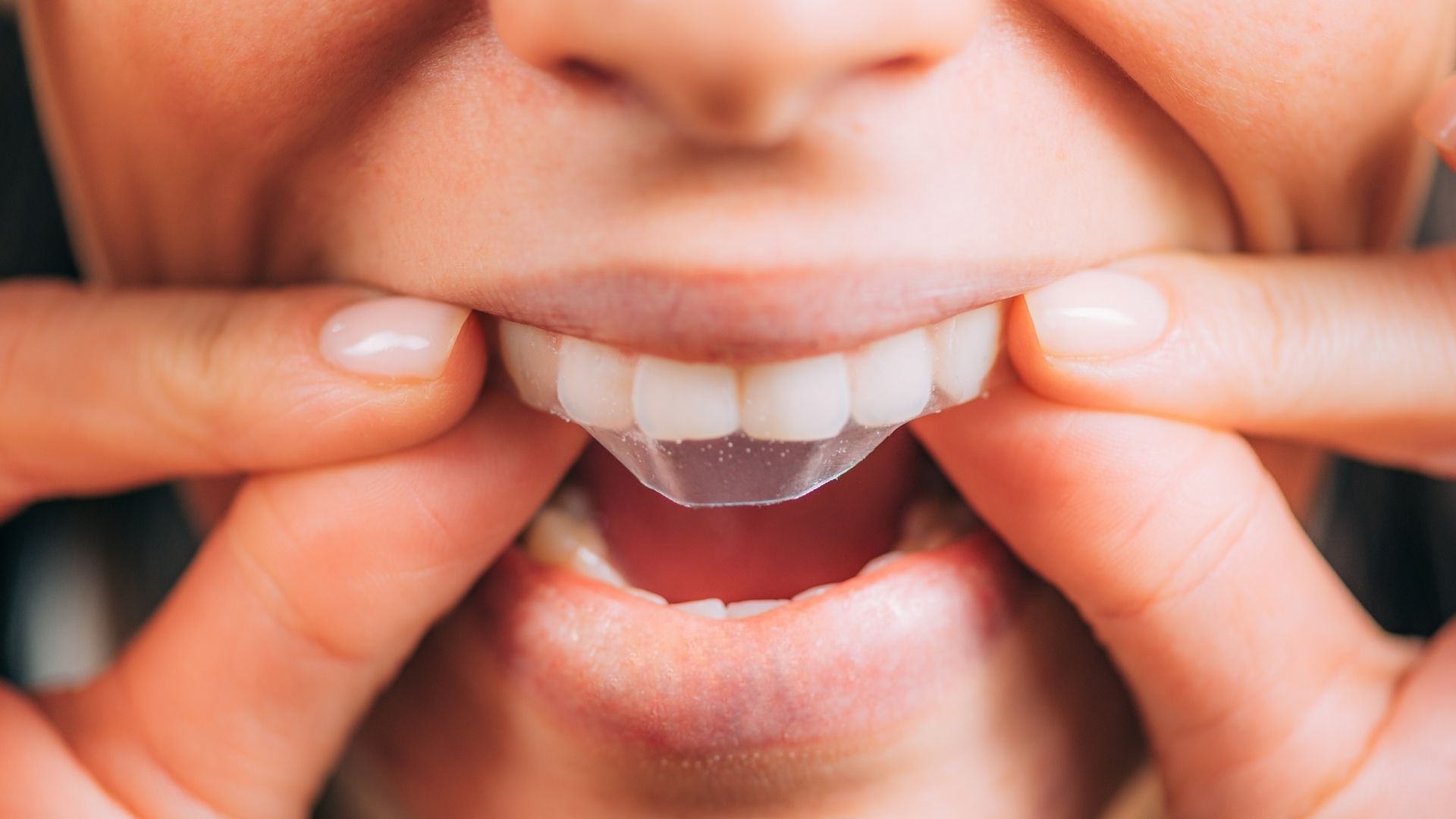Are whitening strips bad for your teeth?
It is usually possible to use teeth whitening strips safely as long as they are used as directed. However, it is useful to be aware of some of the risks of using whitening strips and the sensitivities they may cause. Otherwise, you may have damaged your teeth while whitening your teeth. The points to be considered when using teeth whitening strips are listed below:

Tooth sensitivity:
Hydrogen peroxide and carbamide peroxide, two of the bleaching ingredients in whitening strips, can damage tooth enamel and remove stains. Your teeth will be whitened, but your enamel will also be damaged. If you have gum or tooth sensitivity, using your whitening strips may cause temporary tooth sensitivity. In most cases, the sensitivity will disappear when the whitening treatment is completed; however, if the sensitivity worsens or persists, it is important to stop using the product as directed.
Inflammation of the gums:
Whitening strips should not come into contact with the gums; direct contact may cause temporary irritation of the gums. When you put the strips on your teeth, make sure that they do not touch the gum line. In case of any inflammation of your gums, remove the whitening strips immediately and rinse your mouth with water. If irritation persists, it is strongly recommended that you consult your dentist.
Uneven whitening:
As teeth whitening strips are designed to adhere to the front surfaces of teeth, they may not whiten all teeth in the same way. The intensity of the whitening effect may vary from tooth to tooth, as the strips may not reach every surface of the teeth, including the back, cracks, and sides. This is especially true if your teeth are significantly different in size or shape.
Limited effectiveness on deep stains:
If your teeth have mild to moderate discolouration and staining from products such as coffee, tea, or smoking, you may find that whitening strips help to remove these stains. However, they are not able to remove deep stains. Whitening strips will not be effective for deeper discolouration or stains caused by certain medications or oral disorders. It is useful to remind you that you can get the healthiest and best results in any case with professional teeth whitening methods performed by dentists in the clinic.

Improper and excessive application:
If you use whitening strips more often or for longer than recommended or instructed to achieve better whitening, you may increase the possibility of tooth sensitivity, gum irritation, and enamel damage. If you want healthy results, you should follow the instructions on the whitening strips and use no more than recommended.
You should be aware that different brands, formulations, and individual circumstances can affect the effectiveness and safety of whitening strips. You should always consult your dentist before using whitening strips or any other product to whiten your teeth. After looking at your gums and teeth, the dentist can tell you whether whitening strips are suitable for you and give you specific advice on how to whiten your teeth safely and effectively.
If you have any questions you do not find here, please contact us.
